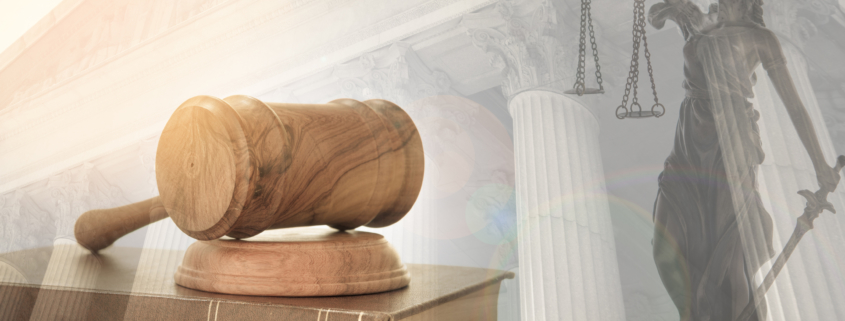Eight years after the 2010 BP Deepwater Horizon Oil Spill devastated the Gulf region, over 14,000 medical claims are still unpaid. That’s over a third of the over 37,000 medical claims made in the aftermath of the spill, response, and recovery. While that statistic itself is troubling, it’s also alarming that many of the payouts have been lump sum payments ranging from $900 to $1300. While I understand the Gulf region’s poverty and know that folks need money, accepting these pocket-change settlements without the advice of legal counsel is ill-advised. Simply put, if you were affected by the spill, you deserve full compensation.
Were you affected by the BP Deepwater Horizon oil spill? Did you participate in the cleanup effort or come into contact with dispersants? Did you rent out your boat to those participating in the cleanup effort? Any of those activities may entitle you to a portion of settlement funds. If you think you are entitled to some of the BP Deepwater Horizon settlement, having experienced counsel help you attain your fair share is critical. Barrett Law has expertise in Gulf oil spill litigation and has the experience to help you through this process. Contact us now at (800) 707-9577.
Spill Related Settlements Vary Widely
A look at medical payments to victims of the BP Deepwater Horizon Oil Spill is a tale of haves and have-nots. The Spill’s medical benefits claims administrator has received over 37,000 claims but has only approved about 23,000. These are claims on behalf of individuals who came into contact with the spilled oil and dispersants and who participated in the cleanup. Most of these claims are for acute symptoms such as shortness of breath, headaches, and nosebleeds.
Of the 23,000 approved claims, the vast majority of payouts have been tiny, under $1,500. In my experience, that is a paltry amount that fails to compensate people for the stress, pain, and ongoing medical problems that plague many people who were affected by the spill. More specifically, Gulf residents who came into contact with the spill or dispersants received $900 lump sum payment and those who worked on the cleanup received $1,300. A “lump sum” payment means that this is the total compensation that the person will receive and that it does not take into account actual expenses that the injured party experienced.
Here is an even more shocking statistic—of the 23,000 approved medical claims, only 40 large settlements have been approved for individuals who have suffered significant negative health consequences. Forty. That is a tiny percentage. However, it underscores the fact that if you have experienced health effects of the BP Deepwater Horizon Oil Spill or the cleanup, you need cannot trust either BP or the medical claim benefits administrator to help you attain the reimbursement you deserve.
What Should You Do If You Were Injured or Harmed By the 2010 BP Oil Spill?
If you were harmed as a result of the 2010 BP Deepwater Horizon Oil Spill or its cleanup, you might be due compensation for your losses. Hiring a general practitioner to handle a claim related to the spill is a serious mistake, as only an attorney with extensive experience in getting BP Deepwater Horizon Oil Spill claims paid will represent your interests adequately.
Call the seasoned Mississippi BO Oil Spill Attorney at Barrett Law now if you were harmed as a result of the spill.
Barrett Law has the experience to take on oil spill defense attorneys that are focused on denying your compensation for the harm you experienced. Contact us now at (800) 707-9577.



